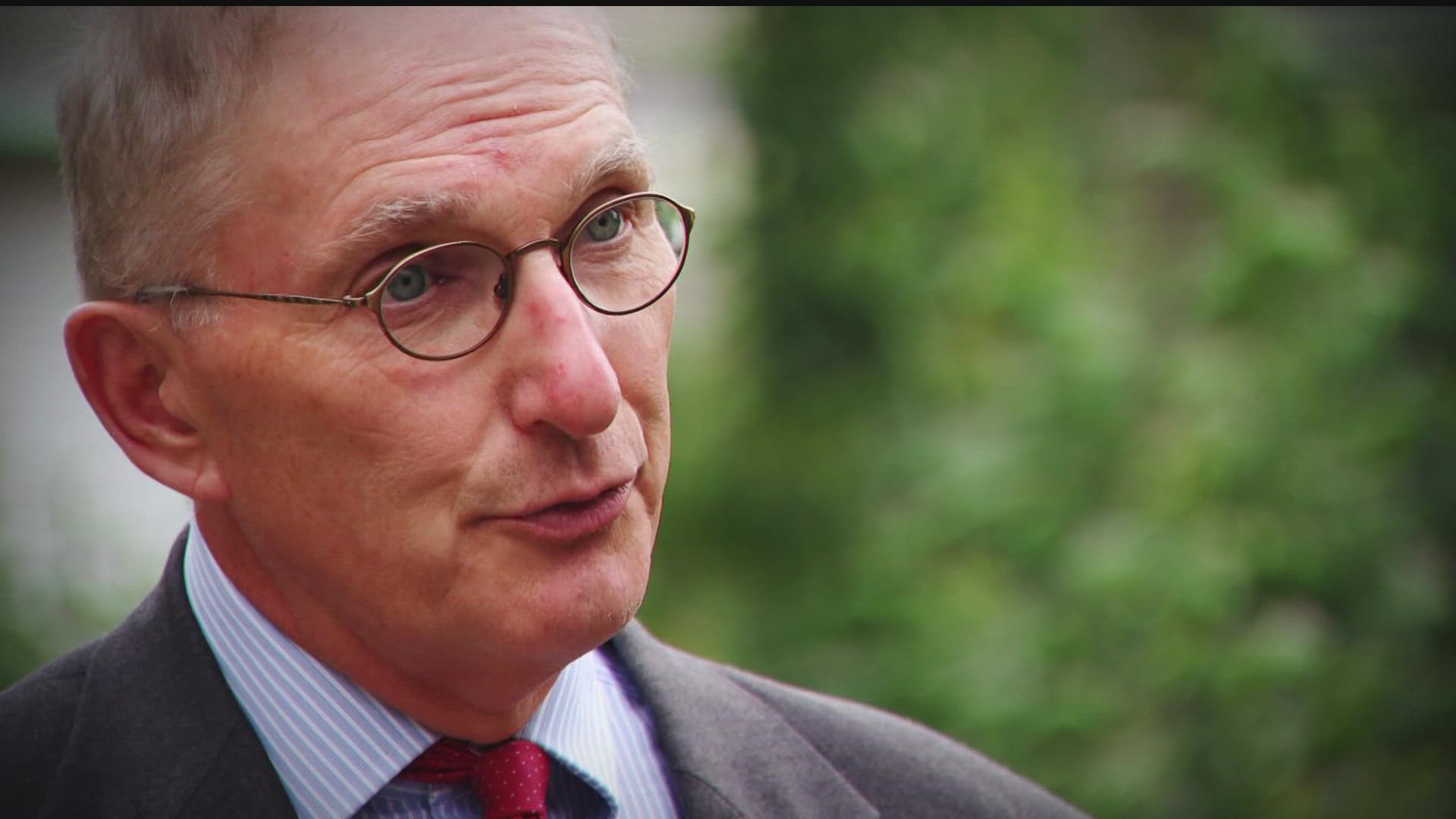ST PAUL, Minn. — Now that the campaign promise made by President Biden has been fulfilled, there are serious concerns over the long-term consequences associated with Wednesday's student loan forgiveness announcement.
"There’s the concern that if this frees up more money for individuals and they’re not saving it and they’re spending it, it’s just going to add to the inflation because it’ll be what? More demand on the limited supply that’s out there," said Hamline political science professor and economic expert David Schultz. He went on to say, "It's possible, but it all depends on what the individuals do with the money.”
Members of the GOP are wasting no time criticizing the move.
House Minority Leader Kevin McCarthy took to Twitter calling it a "transfer scam, which hardworking Americans who already paid their debts or never took on student loans will be forced to pay."
A payment which Schultz says could end up going one of two ways.
"It could be that this is money that up front has to be paid by the government and from there we figure out what the taxpayer burden is, or it could go just what, on our U.S. national debt and it gets paid off through interest and debt over the next x amount of years," said Schultz.
While it’s too early to forecast just how detrimental or beneficial this loan forgiveness process will play out...
"At the end of the day the government is going to be on the hook and is going to pay," said Schultz.
He added, "There are some economists who are arguing at this point that we may be going into a recession and perhaps if we are going into a recession, something like this might be a stimulus to keep us from going into that recession," said Schultz.
Schultz says this could have political implications for the midterms as well, especially with some voters who have already paid back their loans or didn't take out loans in the first place.
A final pause on payments has been extended through Dec. 31.
Watch more local news:
Watch the latest local news from the Twin Cities in our YouTube playlist:

